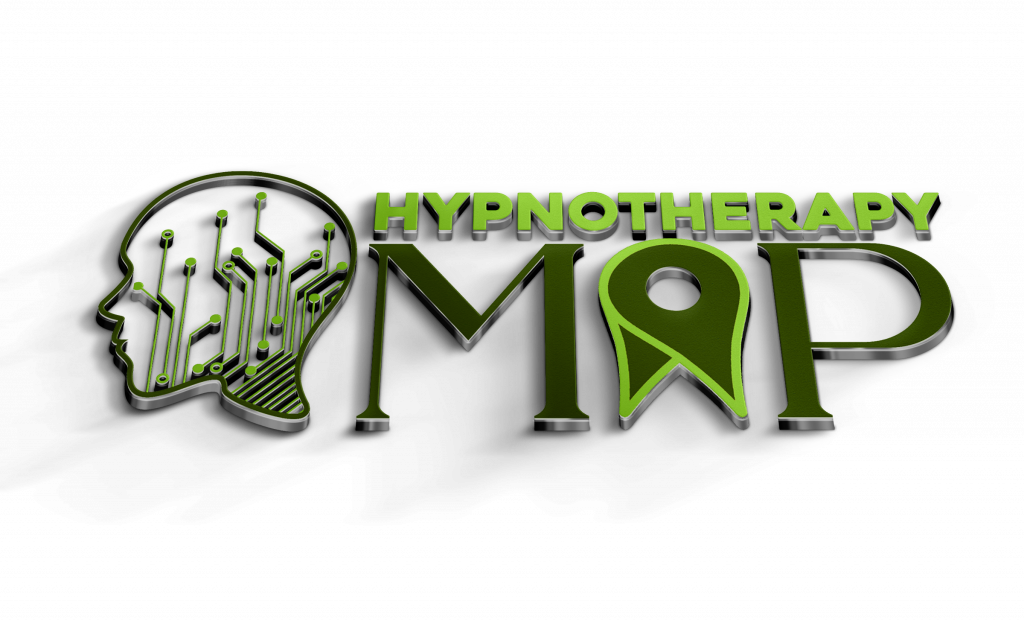Anxiety Disorder and Hypnotherapy
According to Lamb,
“Anxiety is just fear. We work out why you aren’t feeling safe and relaxed, look at the root causes and work through them. I think it’s the quickest and most permanent way of reframing beliefs,”
In 2016, researchers scanned the human brain and they found the impacts of hypnotherapy on brain experiences and what are the changes that happened:
- Focused attention
- Physical and emotional control
- Less self-consciousness
In the state of hypnosis, the human mind is more focused and open for suggestions. In this way, therapists suggest that how easily you can face your fears and worries and also how confidently you can sit on a plane.
What is anxiety?
Sometimes you feel knot in stomach, dry mouth and racing heartbeat. These all are the hallmarks of anxious bunny in you. Mostly this is a response of danger and uncertainty. Anxiety can drain you and disturb your daily functions. Anxiety disorder is more than fear and worry. It can affect your thinking, behavior, feelings and interaction with others. But it’s important to know that all the anxiety disorders are treatable. Anxiety is different for everyone but there are some common signs of anxiety that you have to know:
- Excessive fear
- Persistent worry
- Unable to relax
- Avoid challenges
- Social withdrawn
- Concentration and attention problem
- Irritability
- Poor sleep
- Family, work and social problems
- Panic attacks
There are also some physical symptoms of anxiety that are following:
- Fast breathing
- Having aches
- Shaking
- Racing heartbeat
- Butterflies in stomach
- Sweating
- Feeling dizzy
Anxiety comes and goes but sometimes it sticks for a long time and has a great impact on our daily lives. It can also stop us to achieve our full potential. For many people, anxiety is a normal part of their lives. For example, you felt anxiety when you are going for an interview. Increasing heartbeat, breathing is increasing blood flow to your brain. This physical response makes you ready for facing the situation. But keep in mind that persistent state of anxiety can have devastating effects on your physical and mental health. Anxiety disorder can happen on any stage of life but in the middle age it can affect your life more. Women are more suffering from an anxiety disorder than men, says the National Institute of Mental Health (NIMH). Stressful life events can increase the risk of anxiety disorders. Having a serious medical condition and having drugs can also lead to an anxiety disorder.
How Hypnotherapy Works with Anxiety?
Hypnotherapy is the technique that is used for the treatment of specific symptoms and health conditions. Hypnotherapy induce hypnotic state of mind and waking awareness for people to experience external attention and inner experiences. It is mostly used for the treatment of anxiety disorders and phobias. It could also be used for the pain management, weight loss, and a variety of symptoms.
During the hypnotherapy session, people are allowed to focus on their mind, deeply relaxed and respond to the suggestions. Hypnotherapy helps to focus on the problems more deeply. In the process of hypnotherapy, the techniques used are:
Relaxation: Hypnotherapist guides you to relax deeply and visualize yourself in the state of peacefulness even when you are in problematic situations and confronting the object of your fear.
Suggestion: Hypnotherapist gives you suggestions for behavior changes and to deal with the issue, for example, learning trust, ability to get through the problem, and supportive reaction to phobia.
Coping Skills: Hypnotherapists may teach you some coping skills like guided imagery and techniques to deal with the anxieties and fears.
Exploration of Past Experiences: Hypnotherapists may will you to talk about the experiences you are going through and the things that pinch you from the past. Also talk about the behaviors and problems that you’re trying to come over it. As a result, Hypnotherapy should only be used by the trained therapists for the treatment of anxiety disorders, phobias, depression and other mental disorders.
References
Brown, D. P., & Fromm, E. (2013). Hypnotherapy and hypnoanalysis. Routledge.
Golden, W. L. (2012). Cognitive hypnotherapy for anxiety disorders. American Journal of Clinical Hypnosis, 54(4), 263-274.
Golden, W. L. (1994). Cognitive-behavioral hypnotherapy for anxiety disorders. Journal of Cognitive Psychotherapy, 8(4), 265-274.
Plaskota, M., Lucas, C., Evans, R., Pizzoferro, K., Saini, T., & Cook, K. (2012). A hypnotherapy intervention for the treatment of anxiety in patients with cancer receiving palliative care. International journal of palliative nursing, 18(2), 69-75.
Golden, W. L. (2006). Hypnotherapy for anxiety, phobias and psychophysiological disorders. The clinical use of hypnosis with cognitive behavior therapy: A practitioner’s casebook, 101-137.
Kraft, T. (1990). Use of hypnotherapy in anxiety management in the terminally ill: A preliminary study. British Journal of Experimental & Clinical Hypnosis.
